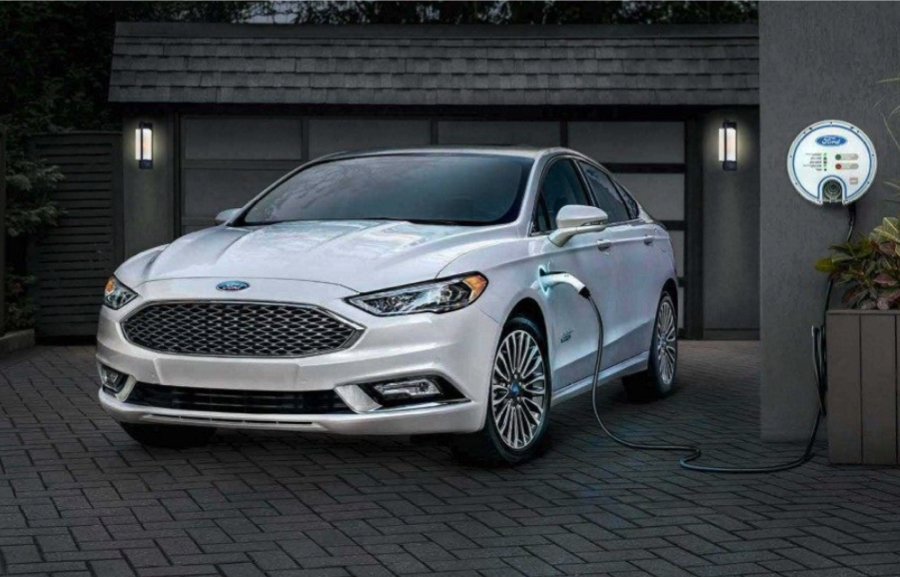Ford says carmakers may need to invest in cobalt mines soon

Carmakers may have to consider investing directly in cobalt mines to secure supply over the next three to five years, as demand for the metal used in rechargeable batteries is set to increase exponentially, Ford Motor Co. senior manager for energy storage strategy and research Ted Miller believes.
Speaking at a mining industry event in South Africa, Miller said the auto industry is now in an “awkward position” of actually driving the cobalt price on the back of electric vehicles’ (EVs) battery production needs.
“I fully anticipate we’re going to keep a lot of pressure on that cobalt production,” he said.
Cobalt, and its related supply-side risks with the bulk of metal coming out of the Congo, makes it “a unique case,” according to Miller.
Ford, which plans to launch new electric cars as soon as next year, has been reducing the proportion of cobalt it uses to lower its dependency on the metal and wants to collaborate at all parts of the supply chain, even down to the miners of the metal, he said. While the company doesn’t see the need to participate in mining, or have direct cobalt offtake agreements, that could be re-evaluated in the future.
While the carmaker doesn’t see the need to participate in mining, or have direct cobalt offtake agreements, that could be re-evaluated in the future.
“We’ve had ongoing discussions with suppliers of raw materials, processed material and even mining sources to ensure that customers ultimately get the vehicles they need,” he said.
Miller warned that the drive away from cobalt was playing into the hands of other metals. “We’re switching out cobalt dependency for nickel,” he said, adding that Ford was working with IBM and several partners on a blockchain project to monitor cobalt supplies from the DRC.
“We still do auditing, we still do actual site visits, but this is allowing us to use and take advantage of technology,” he noted.
A pilot of the scheme should be completed by mid-year and will track cobalt from Huayou’s mine and smelter to LG Chem’s cathode and battery plant in South Korea and on to a Ford plant in the US.
Ford has also been focusing on sustainability in other ways. Miller said the company had changed its painting process, dramatically reduced its use of water and has separate recycling streams for materials.
Other carmakers are focused on finding alternatives to cobalt and lithium. Early last year, Toyota Motor Corp, Asia’s No.1 car manufacturer, said it had found a way to make EVs more affordable and less vulnerable to shortages in supply of the key elements needed.
The announcement came just a week after Samsung SDI, South Korea’s leading battery maker, unveiled plans to recycle cobalt from used mobile phones and develop lithium-ion batteries with minimum content of the metal, or no cobalt at all, as a way to offset soaring commodity prices.
Most carmakers have chosen nickel-manganese-cobalt batteries (NMC). EV pioneer Tesla’s favoured battery technology – nickel-cobalt-aluminum or NCA – already uses less than 3% cobalt.
{{ commodity.name }}
{{ post.title }}
{{ post.date }}




Comments
Raymond Hietapakka
They want to be friends with Cobalt miners but they don’t want to be friends with Cobalt miners anymore once they get ditched in favor of and substituted by the Nickel crowd. That’s all this says to me. They want everything cheap, so they’ll keep those kids in Africa slaving away..